West Antarctic Peninsula and Scotia Arc (WAPSA) Regional Working Group Welcomes New Co-Chair and Leadership Team Members

The West Antarctic Peninsula and Scotia Arc (WAPSA) Regional Working Group welcomes Carlos Moffat as the new working group co-chair. Carlos will join Co-chair Juan Hofer alongside 4 new members to their leadership group Elisa Seyboth, Heather Forrer, Jennifer Allen and Mireia Mestre. We congratulate everyone to their new positions!
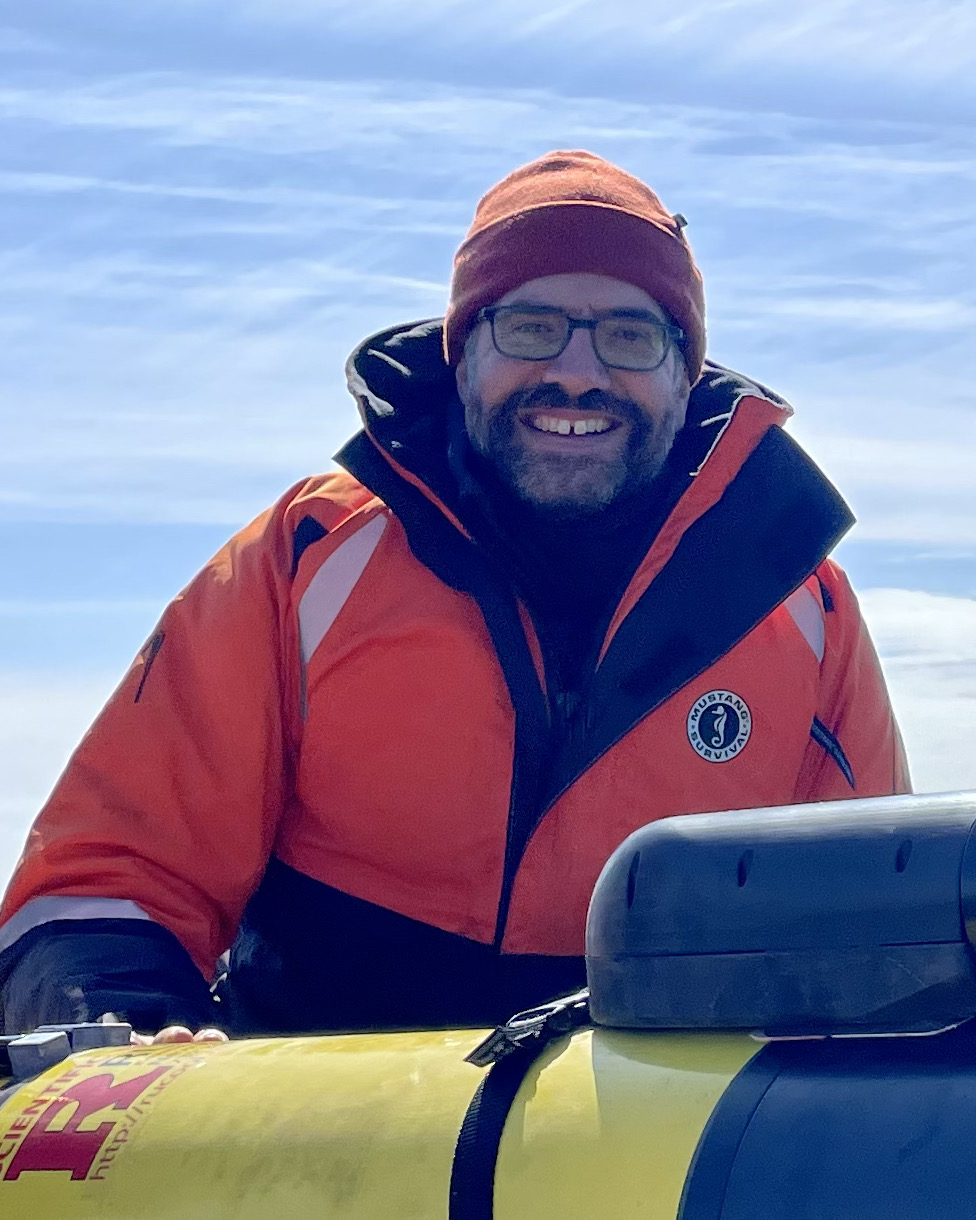
Carlos Moffat is an associate professor at University of Delaware. He is a physical oceanographer interested in ice-ocean interactions, shelf dynamics, and the long-term evolution of Antarctic coast ecosystems. He’s a principal investigator of the Palmer Long-Term Ecological Program.
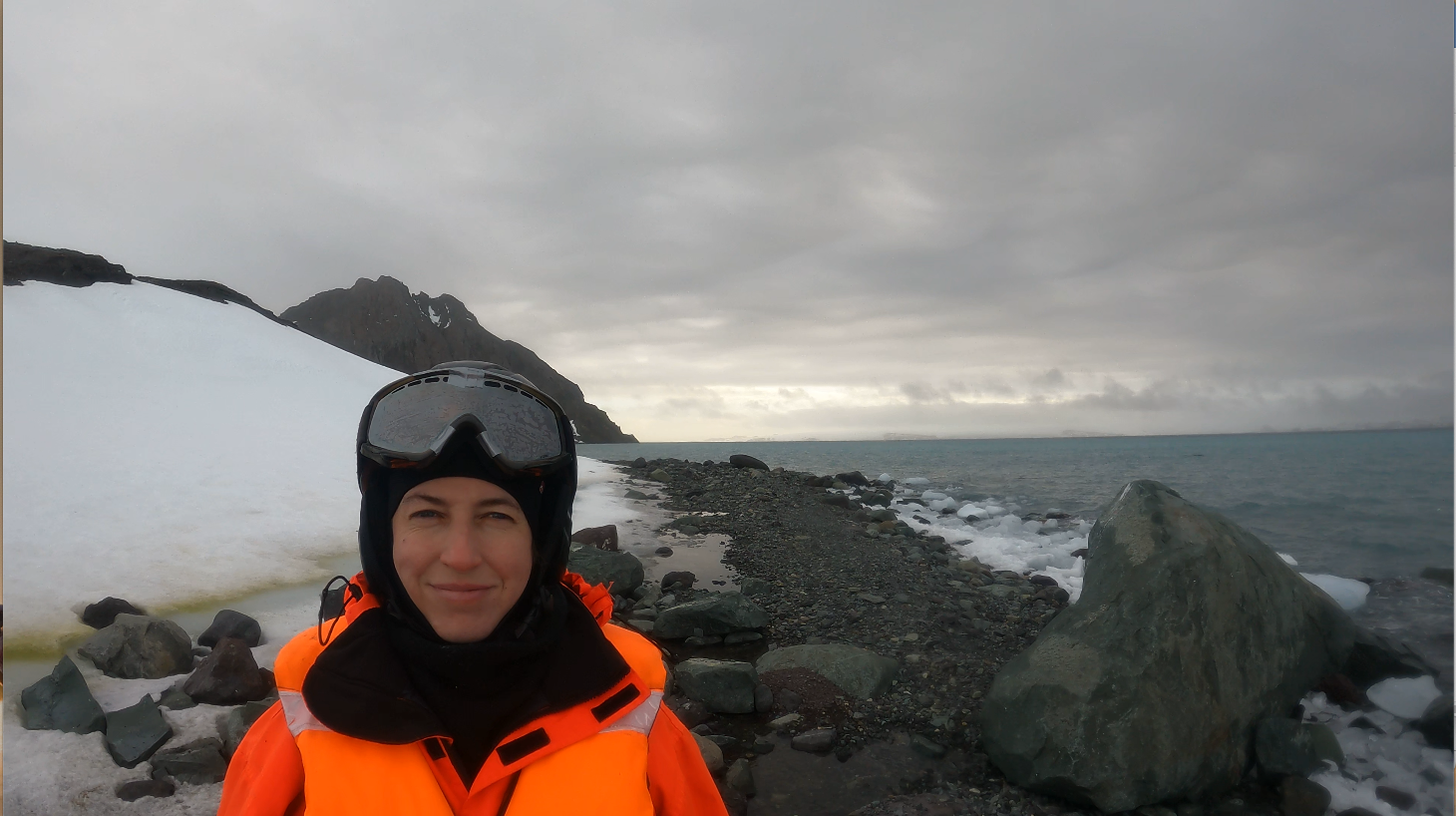
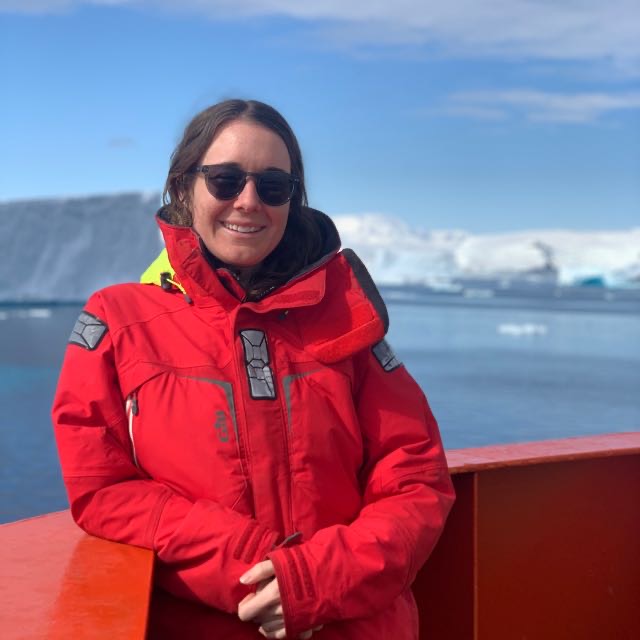
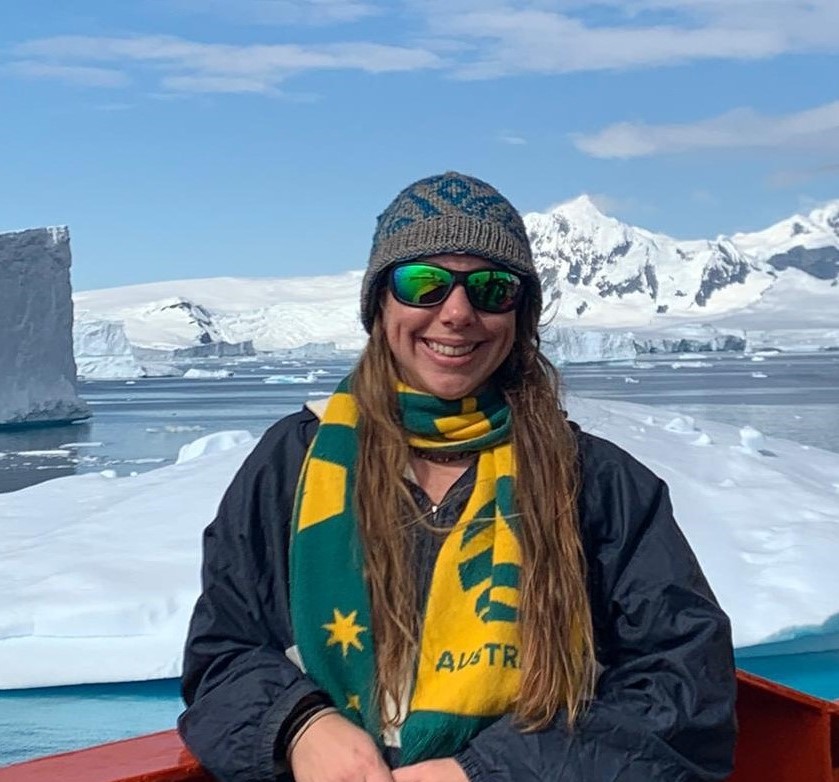
Jennifer Allen is a cetacean behavioural ecologist focusing on culture and social learning. She works on foraging strategies, song learning, and sexual selection. My Antarctic work focuses on the emergence and spread of novel bubble-net feeding within Western Antarctic Peninsula humpback whales. Her goal is to determine how these whales behaviourally respond to the environmental shifts of climate change. Jenny also contributes behavioural ecology insights to the circumpolar Humpback Whale Sentinel Program which uses humpback whales to monitor Antarctic ecosystem health.
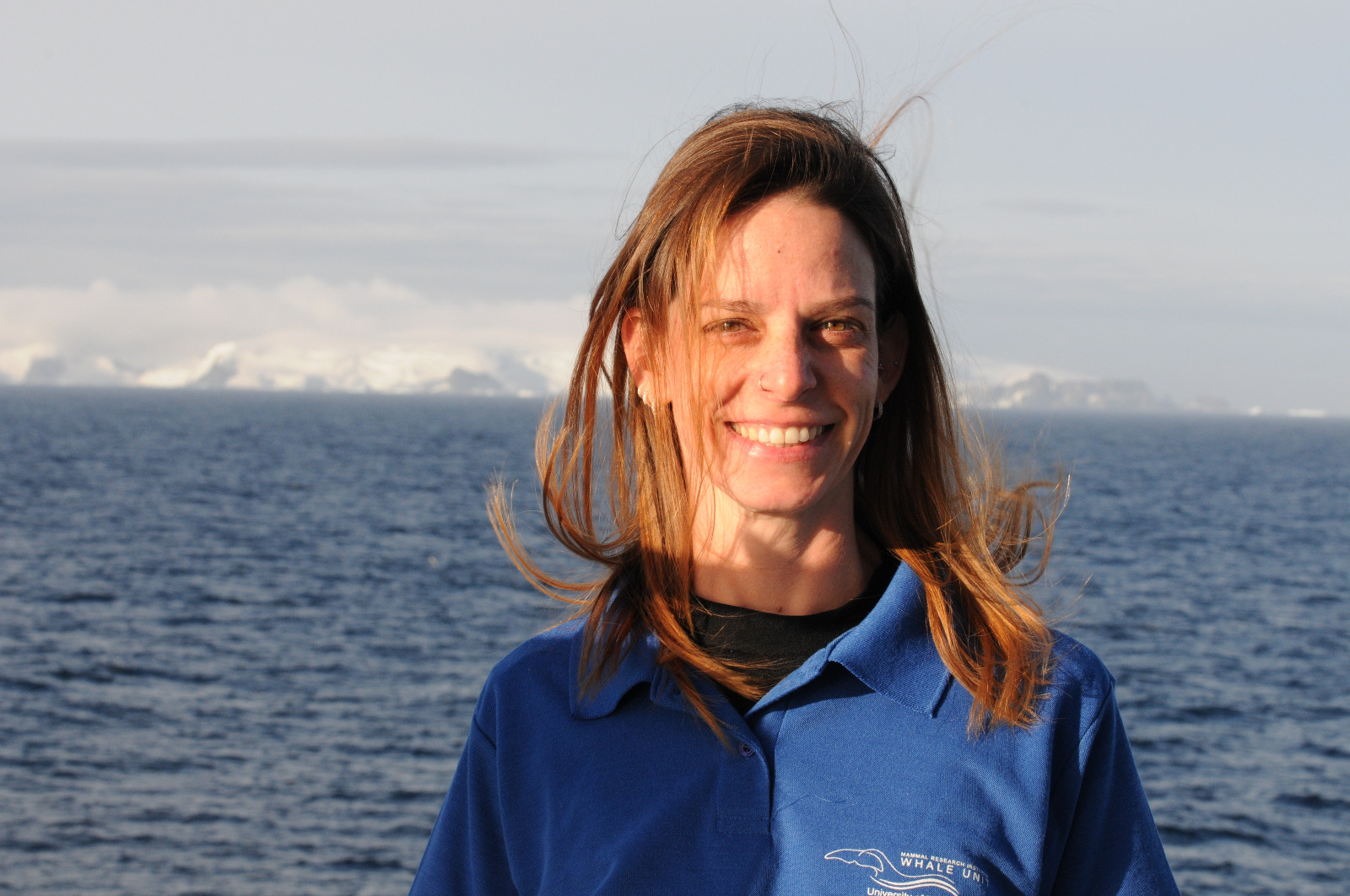
Elisa Seyboth is a Brazilian oceanographer whose research focuses on various aspects of cetacean ecology in the Southern Hemisphere, including the influence of climate on their habitat use, diet, and reproductive success. Elisa has a strong interest in investigating changes in the abundance and distribution of baleen whales around the western Antarctic Peninsula, and how these changes may be linked to krill fishery management.






